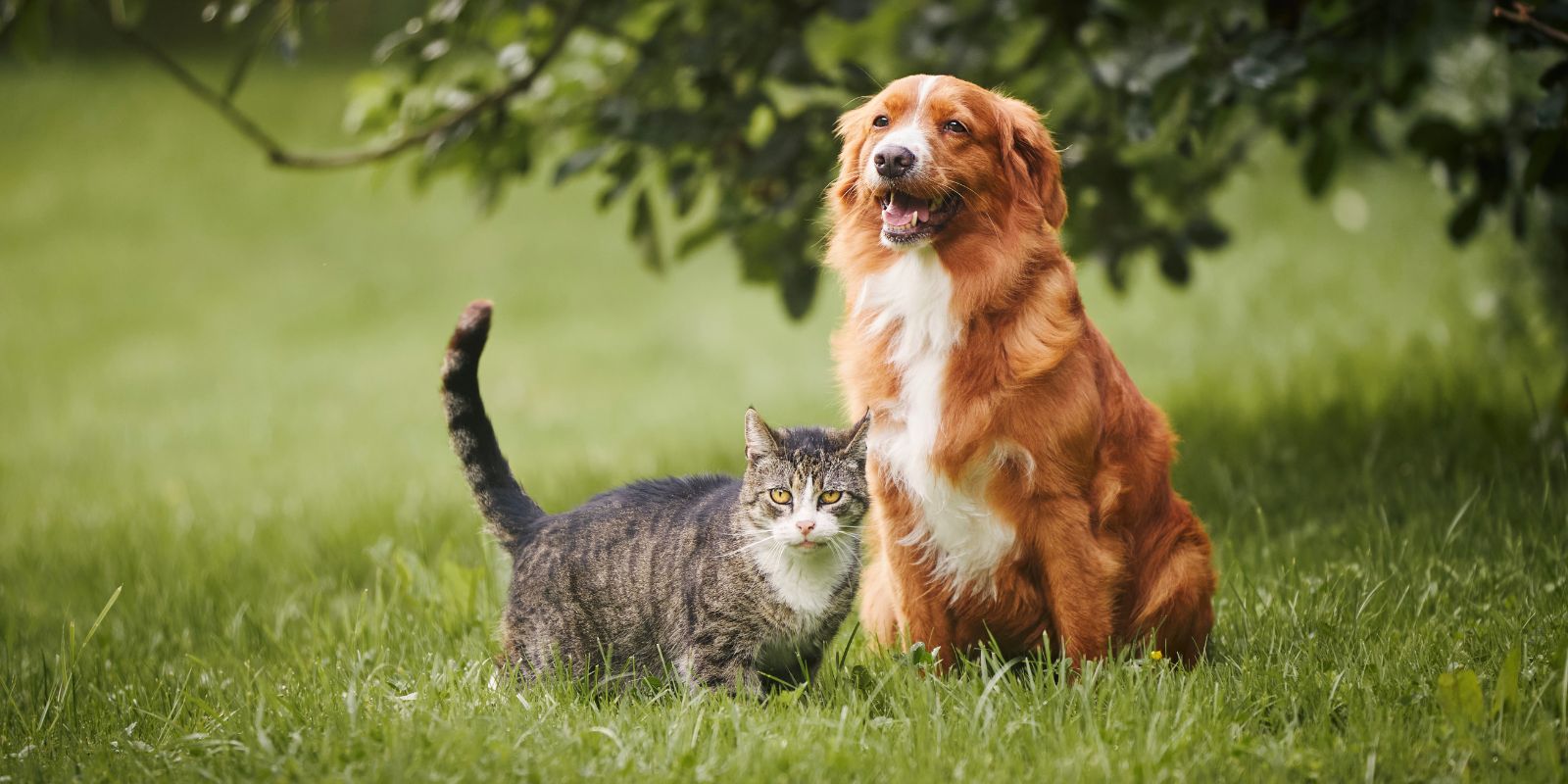Complaint of “PASSIVE ABUSE” by e-mail

Examples of Passive Abuse:
- Animals that are subjected to continuous or prolonged exposure to adverse or extreme weather conditions (heat, cold, rain, etc.).
- Animals without access to suitable dry and comfortable shelter, animals on balconies, terraces, patios, yards, fields, etc.
- Animals permanently chained.
- Animals without access to adequate food and clean water.
- Animals that are not vaccinated/de-vaccinated on a regular basis.
- Animals not receiving veterinary care.
- Animals that are not exercised and walked daily.
The procedure we will describe below has proven many times to be an effective direct intervention by the state in cases of passive abuse.
Initially, the emails we send the letter to are as follows:
- genast@astynomia.gr – D/Directorate of General Policing Headquarters HQ.
- press@hellenicpolice.gr – Press Office of the Hellenic Police Headquarters
For Athens, in addition, the General Police Directorate of Attica, the Athens Police Directorate and the Police Directorate per region (e.g. West Attica) should be added.
For the province additionally the General (Regional) Police Directorate, for example Peloponnese Police Directorate (as notification) and the Police Directorate depending on the area where the incident is located for example Messinia and the local police station should be added.
Regarding the letter, it is very important that you describe the event without comments and unnecessary words. The key elements that should not be missing are:
- exact area, where the animal is located (county, city/town/village, location/settlement, street, gps number- point).
- exact location (terrace, balcony, garden, field, etc.).
- exact situation (i.e. lack of accommodation or accommodation that is not comfortable, hygienic and suitable, adapted to the animal’s natural way of living, allowing it to be in its natural upright position, without hindering its natural movements and its ability to carry out the exercise necessary for its health and well-being, permanent chaining or living within unsuitable structures (e.g. metal structures) or cramped cages, inappropriate food, lack of water or water that is not suitable (dirty), areas that are not dry and clean, no protection from the weather, very high/low temperatures, rain, wind, snow, hail, sun, lack of care for veterinary care in case of illness, no regular vaccination, lack of de-worming, daily exercise and daily walks) Law 4830/2021.
- Temporality (Permanent? For how long approximately?)
- Take as close and distinct photos as possible. Do not photograph people or the interior of the house. Focus on animals and above all do not post photos that show any information that reveals the identity of the owner (street address and number, license plates, faces, etc.).
- Do not write insults against the owners of the animals, be polite and concise. If you do not know their full name, you will refer to them as “tenants” on that street, number, floor, etc.
- Ask for a standard check, for an up-to-date health booklet, marking (chip), compliance with all welfare conditions, according to Law 4830/2021 and to impose the appropriate administrative and criminal sanctions. (This does not mean that if you don’t ask for it, they are not obliged to do it anyway).
- Ask for a reply that your email has been received and that you wish to be informed of their actions as soon as possible. If you do not receive a reply after a short period of time (about 5 days), resend your letter as a memo and also phone the local A.T. in the morning and on weekdays (Monday-Friday) and ask for information on where they are with your complaint. This is what you will do, because it is possible that the higher authorities may have already sent an order to the A.T. to take appropriate action on your complaint, but the A.T. has ultimately ignored it. By resending the email they will be informed that the department has not taken action.
